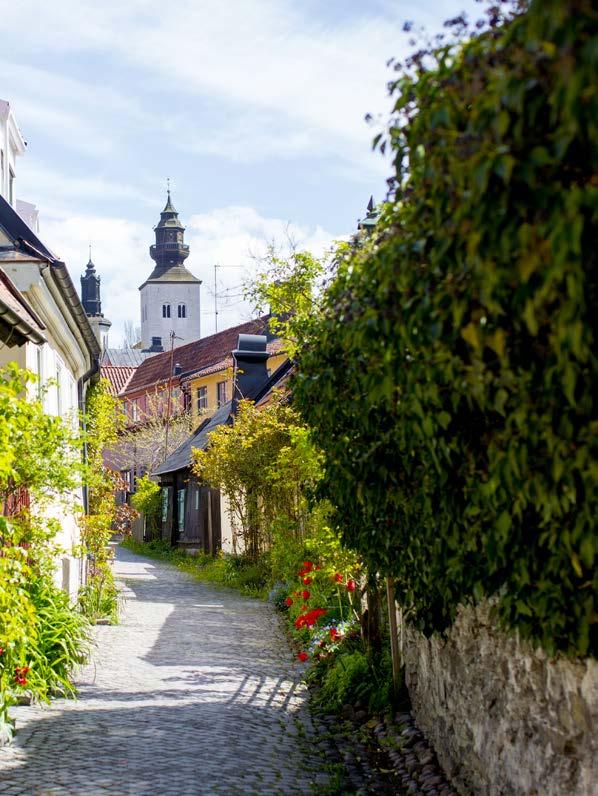
2 minute read
Risk of falling victim to deadly violence increasing in Africa
Is the world becoming more peaceful – or increasingly brutal? While the answer to this question is not entirely clear, globally there has been a trend towards fewer people dying as a result of organised violence. This is not however true everywhere. In certain regions of Africa violence against civilians is on the rise, though the situation is worst of all in Afghanistan.
This data comes from the Uppsala Conflict Data Program (UCDP) at Uppsala University. The programme has been collecting global conflict data for almost 40 years and is the world’s foremost supplier of systematically gathered data on organised violence. UCDP defines organised violence as the aggregation of statebased armed conflict, nonstate conflict and one-sided violence, with the common inclusion criterion of 25 fatalities in a calendar year.
The trend has been for a steady decline in fatalities since 2014, when the death toll from organised violence was 145,000, to 2019, when 75,600 deaths were registered – the lowest figure since 2011. This can be partly explained by the almost total defeat of terrorist organisation Islamic State (IS) in Iraq and Syria. While this development seems to be positive, peace researchers see reasons for concern. “We can see that the trend continues to be dominated by IS. As the group has been weakened in Iraq and Syria, it has established itself in other parts of the world and we are now seeing a displacement of violence to the African continent,” says Therese Pettersson, project manager at UCDP.
During 2019, IS announced the inclusion of a new province in its self-proclaimed caliphate for the first time since 2017 – Central Africa. Attacks were launched in countries in which the terror group previously had no presence, including Mozambique and the Democratic Republic of the Congo.
“Groups loyal to al-Qaida also have strongholds in many African countries and we have seen an increase in violence against civilians in countries such as Burkina Faso and Mali,” says Pettersson.
Transnational jihadist groups such as IS and al-Qaida have had a major impact on the trend for organised violence over the past decade.
“Viewed from a longer perspective they are not unique in their capacity to challenge states and spread fear among the civilian population, but what is unique about these groups is their ability to operate globally and attract support and recruit followers from large parts of the world,” says Magnus Öberg, Director of UCDP.
Both IS and al-Qaida are active in what is currently the world’s worst conflict zone, Afghanistan. For the second consecutive year, the war in Afghanistan exacted the highest death toll globally and the country experienced its bloodiest year since 1989, at the end of the Soviet–Afghan War.
“Since 2013, we have witnessed a sharp upward trend in combat-related deaths in the country. Despite negotiations between the Taliban and the United States, the violence has only continued and escalated and in 2019, over 40% of deaths from organised violence occurred in Afghanistan,” says Pettersson.
– Åsa Malmberg











